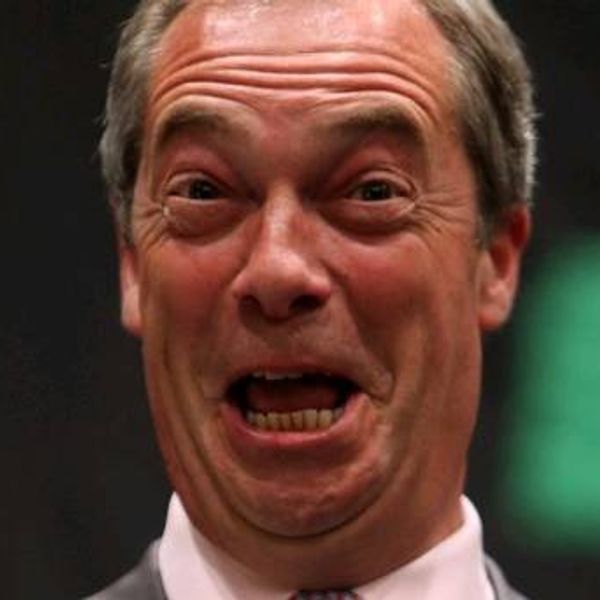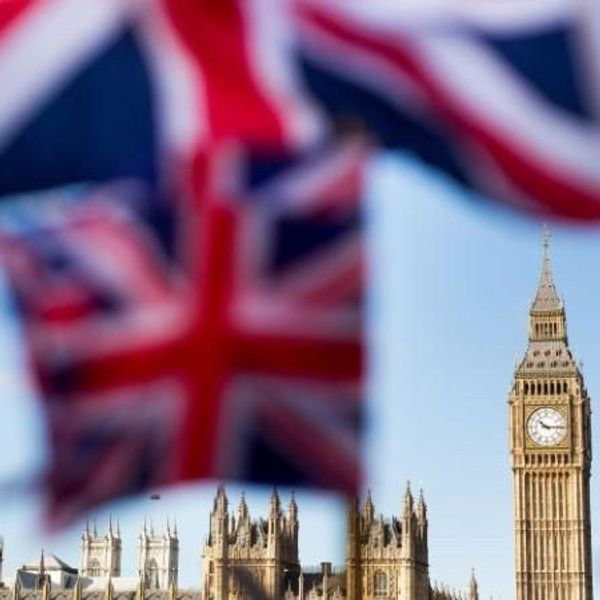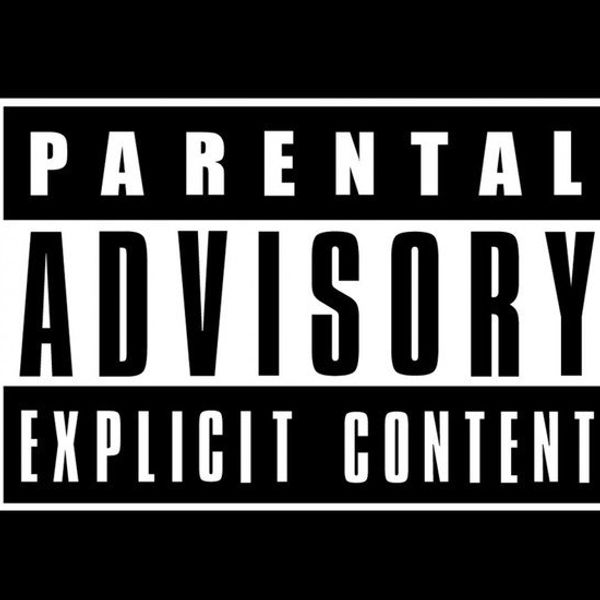The European Union was founded in after World War II with the purpose of keeping peace between the many countries in the continent. The governments of the 28 countries in the EU support each other economically and politically. While the EU may have started out with the intentions of being a economical and political partnership between the countries, it has formed into something quite larger. The EU has it's own currency, allowing for easy trade between countries, and it's own parliament, which govern all of the member countries. This sounds like a great thing, right? Not necessarily.
In 2015 Prime Minister David Cameron won the general election in Britain, promising to hold a referendum that would decide whether or not Britain says the EU or not. However, Prime Minister David Cameron himself does not agree with leaving the EU. While this may seem like a bit of nonsense, the leave can wage a fair argument. Many people in Britain believe that the EU has grown too strong and they are losing control of their governance. Those in favor of leaving believe that there are far too many rules on business and unnecessary charges. The EU also allows easy travel between countries, with no need for a visa. Those in favor of leaving the EU are opposed to creating a union that is similar to the United States. They want to keep immigration into the country limited. For the public there is a fair split between which path the country will take.
The referendum was held on June 23rd, with the question of, "Should the United Kingdom remain a member of the European Union or leave the European Union?" Any residential citizen over 18 years of age in Britain, Ireland, or the Commonwealth are allowed to cast their vote.
So will there be a Brexit? We shall find out soon!





















